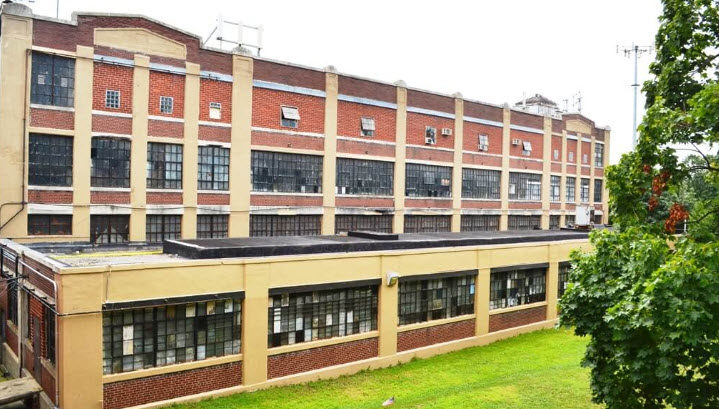
Community concerns and efforts for collaboration intensify as the Cooper Rapid Rehousing Center in Glendale faces scrutiny. Despite its aim to support homeless single men, challenges in communication and integration persist, prompting discussions on its impact within the neighborhood.
By Mohamed Farghaly
Since its inception in 2020, the Cooper Rapid Rehousing Center located at 78-16 Cooper Ave in Glendale has been a focal point of both hope and concern within the local community. Designed to provide shelter and support services for homeless single men, the facility aims to facilitate their transition into stable employment and permanent housing. However, challenges have arisen, prompting discussions on its impact and integration within the neighborhood.
The Cooper Rapid Rehousing Center, designed to accommodate up to 200 men and facilitate their transition into employment and permanent housing, has encountered hurdles in its operational framework.
Kathy Masi, Head of the Glendale Civic Association, shed light on the challenges the shelter has faced and its impact on the neighborhood. Masi highlighted the prolonged struggle to establish a functioning Community Advisory Board (CAB), which she described as critical for fostering community engagement and transparency.
“The shelter was supposed to have a CAB meeting every month, but it has taken three years to get it functioning,” Masi explained. “Theoretically, these meetings serve as a platform for exchanging information about shelter residents’ progress and addressing community concerns, but the delay has hindered effective communication.”
Community members have expressed apprehension over various issues, including shelter residents loitering in Pinocchio Park, adjacent to the local elementary school, and the lack of structured activities for residents when they are not working. Masi emphasized the strain on community resources, citing the frequency of emergency calls related to shelter incidents which may take away from other emergency priorities in the area.
“If 911 is responding 50 times a month to shelter incidents, they’re not servicing the rest of the community,” Masi stated, underscoring the need for sustainable solutions to alleviate the burden on local services.
Despite efforts to improve communication between the shelter and the community, Masi acknowledged persistent challenges. She pointed out the absence of collaborative initiatives beyond the recently established CAB meetings, emphasizing the importance of transparency and community involvement.
“Transparency and dialogue are key to fostering understanding and collaboration,” Masi said. “By actively engaging with the community and addressing concerns, we can move towards a better relationship and create positive change for everyone involved.”
Despite the Glendale Civic Association’s eagerness to extend support and assistance to the Cooper Rapid Rehousing Center through initiatives like coat drives and other community outreach efforts, the shelter’s willingness to collaborate beyond bi-monthly meetings remains limited. Though there have been repeated offers of collaboration from the association, the shelter has shown reluctance to engage in additional joint efforts.
“There are so many things we can be doing together,” Masi said. “We are a very giving community willing to hold events like a men’s clothing drive so we can get them clothes and events of that nature. We’re willing to do a community cleanup, but they haven’t really taken us up on anything.”
Looking ahead, Masi emphasized the importance of open communication and community engagement. She advocated for greater transparency, including opportunities for civic associations to tour the facility and engage with shelter administration.
“I have not once been invited on a tour of the facility since it opened,” Masi remarked, highlighting disparities in community outreach efforts compared to other areas. “We have no idea what goes on in there.”
As discussions continue on how to address community concerns and foster mutual understanding, the civic association is committed to finding sustainable solutions to ensure the well-being of both shelter residents and the broader Glendale and Queens community.
“We’ve shown a commitment to open and ongoing dialogue on how we can be the best neighbor possible through our active Community Advisory Board,” Richardson said. “In addition, we’ve built strong relationships with various business, non-profit, faith-based, and government partners who have stepped up to help Cooper residents through job referrals, donations, and other types of support. Westhab is proud to deliver services at Cooper, which is part of a city-wide safety net provided for our neighbors who have fallen on tough times.

